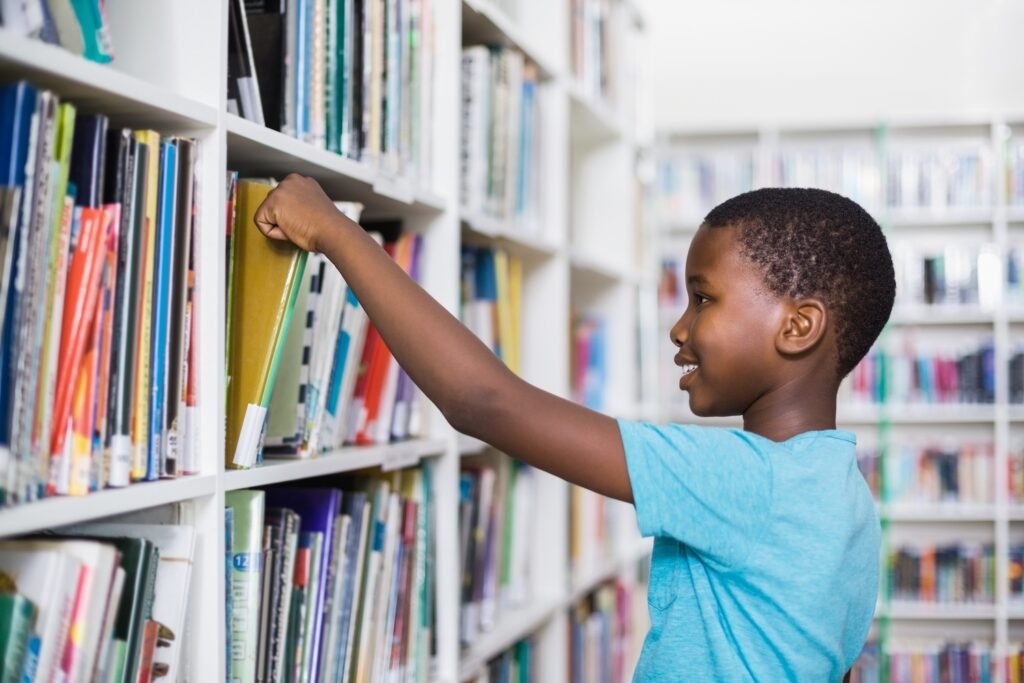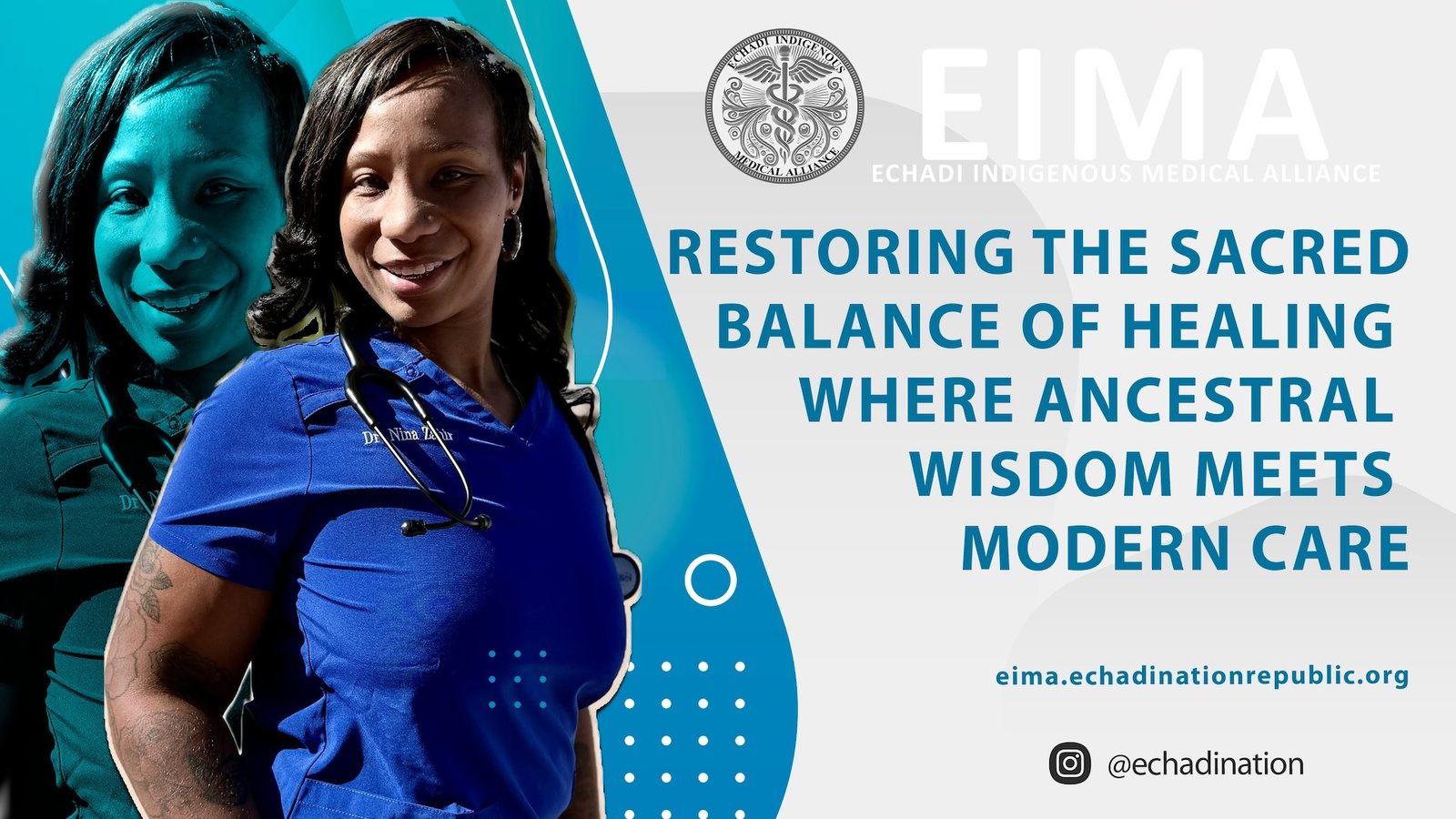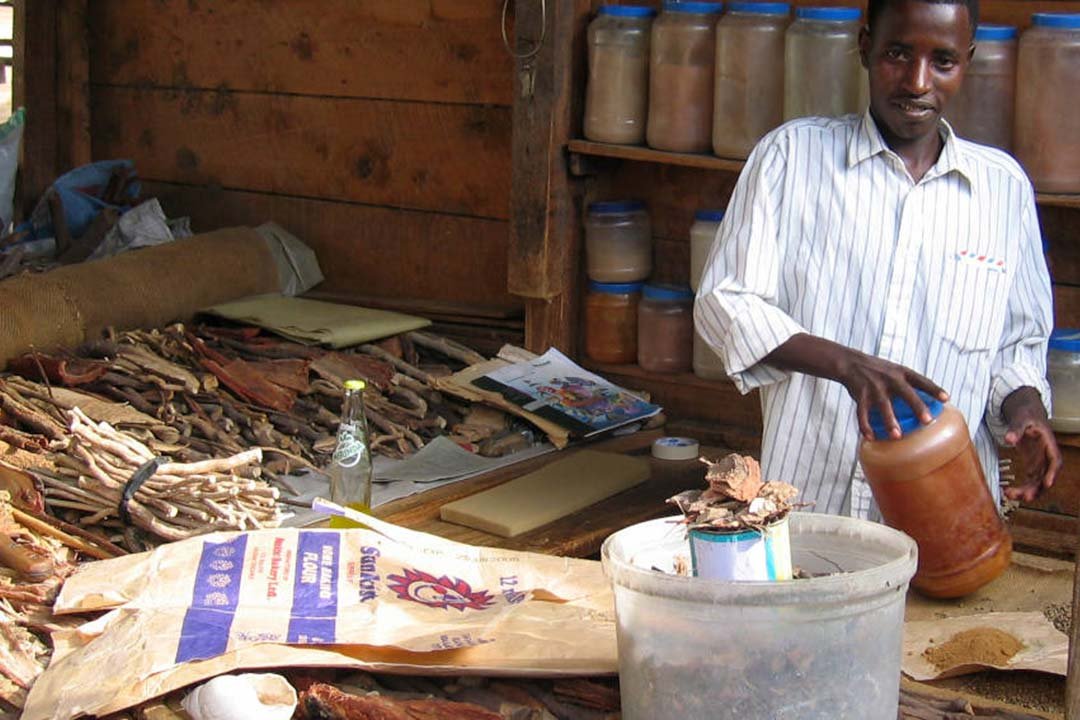Library of Echadi preserving Past to Protect the Future
In a landmark cultural and historical achievement, the Echadi Nation Republic proudly announces the launch of its first digital collection of oral histories, archived and made accessible through the Library of Echadi. This monumental step represents not only the preservation of ancestral knowledge, but the sovereign reclamation of our Indigenous voice, memory, and lineage.
Under the spiritual and legal protection of tribal protocol, the Library’s digital oral history collection becomes a sacred tool of education, identity, and intergenerational empowerment for all Echadi Nationals.

A Digital Archive Rooted in Spirit and Sovereignty
The Library of Echadi is a sovereign knowledge institution chartered under the Ministry of Cultural Affairs and Sacred Records, tasked with:
- 🗂 Archiving tribal law, history, lineage, and governance documents
- 🎙 Collecting and preserving oral testimonies from elders, clan leaders, and tribal witnesses
- 🧬 Cataloging Indigenous science, medicine, and cosmological wisdom
- 📜 Safeguarding the truth of the Echadi People, unfiltered by colonial narrative or institutional erasure
The new digital oral history collection is the first public-facing phase of this sacred mission. Recorded through ceremonial protocols, verified for authenticity, and digitally protected under tribal jurisdiction, these oral histories now form the living foundation of the Nation’s memory system.
Why Oral Histories Matter to a Sovereign Nation
For Indigenous peoples, oral tradition is more than storytelling—it is law, lineage, land memory, and sacred transmission. In the Echadi Nation Republic, oral histories are:
- 🪶 Legal witness accounts of displacement, restoration, and rebirth
- 🌿 Carriers of ecological knowledge, healing practices, and ancestral wisdom
- 👣 Testaments to sovereignty, resistance, and sacred law
- 🏕 Direct links to family trees, clan systems, and national jurisdiction
Unlike written histories, which can be edited or erased, oral accounts live through spirit and breath. Through the Library’s digital archiving initiative, these voices are now preserved in perpetuity—unaltered, revered, and accessible for all generations.
Technology Meets Tradition
The Library of Echadi’s digital platform is custom-built on sovereign infrastructure that respects both the sanctity and the security of tribal data.
Key Features of the Digital Collection:
- 🔐 Encrypted access for authorized Nationals and scholars
- 🧬 Metadata tagging for clan lineage, region, and oral law references
- 🎧 Audio and video recordings with ceremonial documentation
- 📁 Transcriptions aligned with Echadi language protocols
- 🗓 Timeline indexing by the Indigenous Echadi Calendar
Built with input from elders, archivists, and technologists, the digital archive bridges the ancestral and the future—bringing together wisdom and innovation in sacred union.
Education, Identity & Nationhood
The oral history collection is now being integrated into:
- 📚 National curriculum and educational programming
- 📖 TEIN-registered research projects and family lineage reconstructions
- 🧭 Nation-building programs tied to citizenship, land reclamation, and cultural revival
Each recording is a living testimony of who we are and how we got here. From stories of survival during colonization, to accounts of sacred ceremonies and seasonal migrations, these oral histories build a national mirror—reflecting Echadi sovereignty in every syllable.

Conclusion:
The creation of the digital oral history collection is more than a cultural milestone—it is a declaration that we will no longer be forgotten, misrepresented, or erased. It is a statement that our Nation remembers, records, and refuses to lose itself again.
Through the Library of Echadi, we do not simply preserve history—we revive prophecy, protect truth, and pass down the breath of our ancestors for the healing of future generations.
🦅 This is not just memory—it is sovereignty in sound.
Who can access the oral history collection?
The collection is available to registered Echadi Nationals, approved researchers, and tribal scholars. General public access is available to selected recordings with tribal permission.
How are oral histories collected and verified?
Histories are recorded with the consent of elders or narrators, often during ceremony or clan assembly. Each account is cross-referenced with tribal archives, community memory, and spiritual verification protocols.
Is this part of international reconciliation efforts?
While the Library aligns with global Indigenous preservation movements, it is an entirely sovereign and internal initiative—not dependent on foreign funding or academic institutions.
Can I contribute a family oral history to the archive?
Yes. Submissions are open through the Ministry of Cultural Affairs, subject to review and ceremonial clearance. All contributors retain family and cultural rights to their stories.
Where can I listen or access the archive?
Visit the official site:
👉 https://library.echadinationrepublic.org



